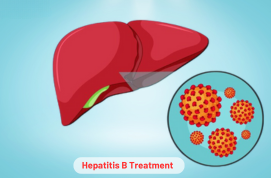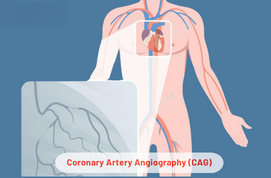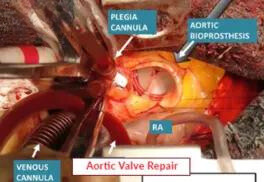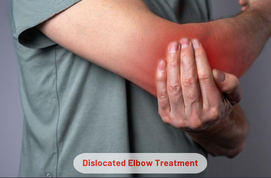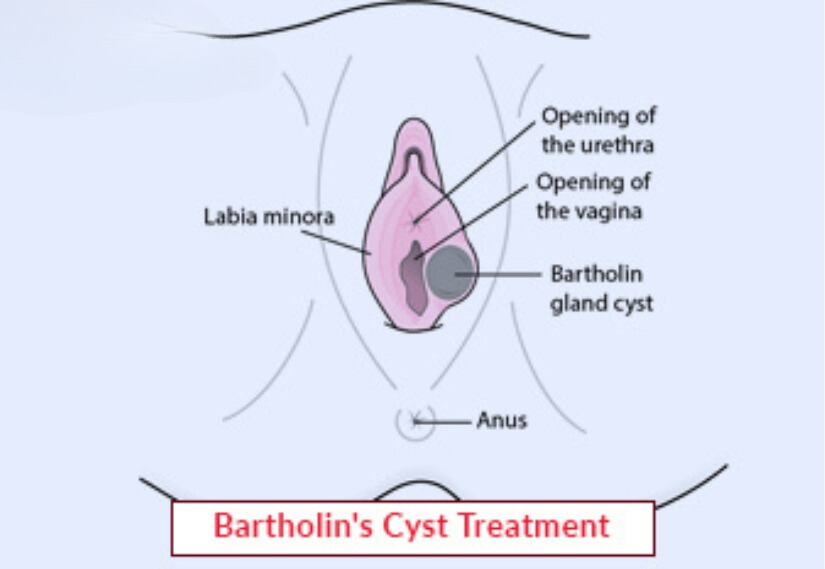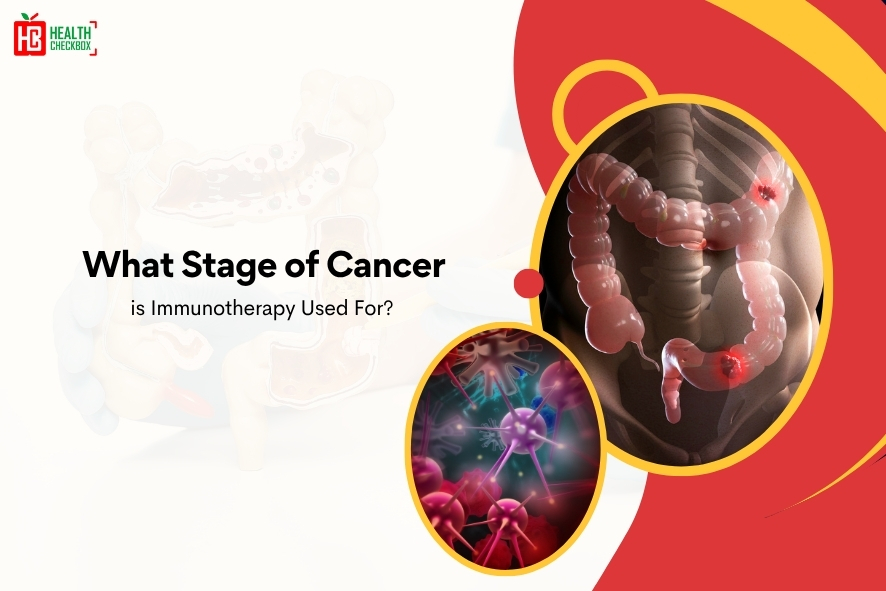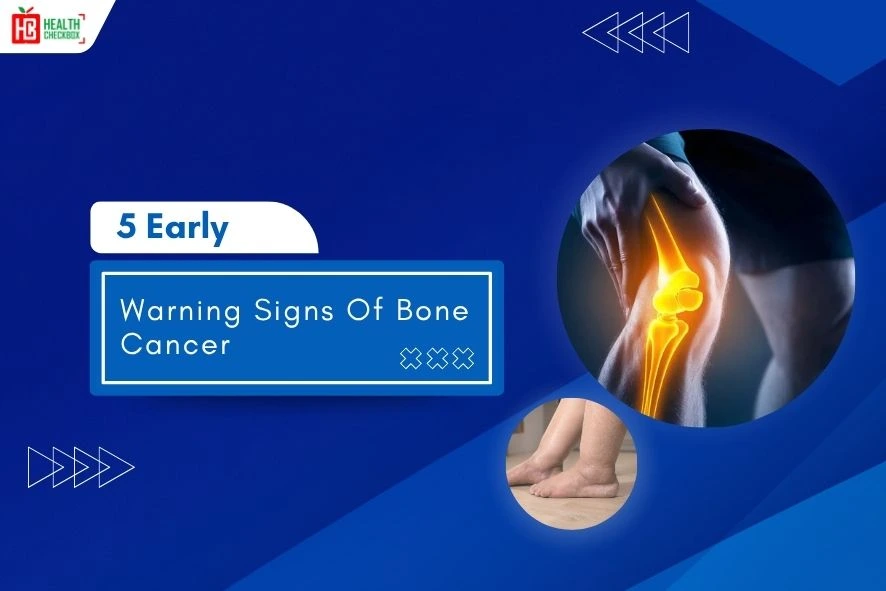Hepatitis B is a chronic condition that attacks the liver organ of the human body. The origin of this condition is traced to hepatitis B virus (HBV). This ill-health normally stays for a short term not exceeding six months. If it persists for more than six months, it becomes chronic. In this case, the risk of liver failure increases. Adults who have this condition recover completely. Although if their symptoms are severe. Infants and youngsters are more likely to yield to symptoms of hepatitis B virus. Early detection and prompt treatment can enhance results and effectively trim down the risk of long-term liver issues caused by hepatitis B infection. Eating a healthy and wholesome diet will make you healthy. And exercising regularly with a minimum intake of alcohol are some ways to check this ill-health.
Causes of Hepatitis B
Coming in close proximity with an infected person’s blood or body fluids makes one acquire this condition. Semen, vaginal secretions, and saliva are the different body fluids. Vulnerability can occur in case of:
- Shared needles
- Unprotected sex
- Using a needle that is infected
- Blood transfusions
Symptoms of Hepatitis B
Hepatitis B can produce symptoms that include:
- Tiredness and weakness
- Loss of appetite
- Nausea
- Jaundice
- Stomach pain, and joint pain
- Black urine.
Yet many persons with long-term hepatitis B infection exhibit no symptoms.
Risk Factors and Complications
Your risk of HBV infection goes up, if you:
- Have sex without a condom with several partners or with someone who has HBV.
- Share needles when injecting narcotics into a vein.
- They are born male and have sexual relations with men.
- Live with someone who has chronic HBV infection.
- You are an infant born to an infected pregnant woman.
- Have a job that will expose you to human blood.
- Have hepatitis C or HIV.
- Get liver dialysis treatment.
Diagnosis and Tests
Your doctor will examine you for different symptoms of liver infections like yellow skin and stomach ache. Tests that help diagnose Hepatitis B include:
- Blood Test: It checks for the presence of hepatitis B virus in your body. The healthcare will know if you have this chronic condition.
- Liver Ultrasound: It uses sound waves to create the internal picture of the unhealthy body organ.
- Liver Biopsy: Your healthcare provider may take a small sample of your liver. It will be tested for liver damage.
Hepatitis B Treatment Options
It is vital to know if you have taken hepatitis B vaccine.
- Treatment for Acute HBV Infection: This may not require therapy. The infection is transient and usually goes on its own. A medical expert may suggest:
- Getting some rest.
- Taking a healthy diet.
- Drinking lots of water.
- Close observation as your body combats the infection.
- Treatment for Chronic HBV Infection: In this case, people need regular treatment for their remaining life. The treatment type may vary and depend on:
- Your liver condition is rapidly deteriorating.
- You have some other infections. It can be hepatitis C or HIV.
- Your body immunity has weakened.
- Antiviral Drugs: Many such medications are known to effectively fight the virus. Some examples include:
- Entecavir (Baraclude), tenofovir (Viread), and lamivudine (Epivir).
- Liver Transplant: If your liver is damaged, then doctors carry out this procedure. During this medical surgery, your battered liver is replaced with a healthy one. Most deceased donors donate their livers, which is used in the surgery.
Prevention Tips
Vaccinating is the best method to prevent hepatitis B. The Centers for Disease Control and Prevention (CDC) recommends that both children and adults receive the hepatitis vaccine.
- It is essential that the first dose of the hepatitis B vaccine at birth should be administered to babies. They should have taken all three injections in the series by the age of six to eighteen months.
- “Catch-up” doses can be given to youngsters who are below the age of 19 and have not taken immunization.
- Newborn babies with acute hepatitis B or who have previously had the infection should receive a specific hepatitis B vaccine.
Our Other Services
Latest Health Tips
Can Immunotherapy Cure Stage 4 Lung Cancer?
Early Signs of Cervical Cancer
Foods that Kill Cancer: Leafy Vegetables, Grains, & More
What Stage of Cancer is Immunotherapy Used For?
Which is Worse for Cancer, Sugar or Alcohol?
Vaccines That Prevent Cancer
What Kills Cancer Cells in the Body Naturally?
Early Warning Signs of Bone Cancer
Submit Your Enquiry
Testimonials








